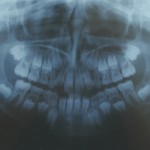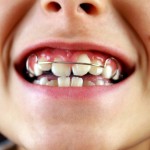Birth – 18 years.
Youth mental health interventions: umbrella review presents efficacy and acceptability data

In his debut blog, Nick Meader tackles a huge umbrella review of youth mental health interventions, which presents the efficacy and acceptability of 72 different approaches to help children and young people.
[read the full story...]







